Fall of the Mughal Empire according to Dr. Kalika Ranjan Qanungo, "is a history of a higher order than the History of Aurangzib, which is but a biography writ large with an ample background. Jadunath Sarkar gains more in ease, humour and eloquence, shows a greater mastery over historical narrative, and a higher literary workmanship, keeping a wonderful balance between synthesis and analysis by handling the telescope and microscope of history in his Fall of the Mughal Empire." Moreover, it "has a wider appeal to the people of India, and also of Europe than his History of Aurangzib, each volume of which imparts fine shades of colour to the picturesque carpet of the evening twilight of our Mediaeval history." Consequently, it is all the more interesting and worthwhile to know more fully about it"…. Fall of the Mughal Empire is in fact a continuation of William Irvine’s Later Mughals, which carried the history of the Delhi empire upto May 1739 when Nadir Shah left Delhi on his way back to Persia via Kabul. Thereby Jadunath Sarkar took up the task of completing the original project of William Irvine to write the history of the later Mughals upto the capture of Delhi in the English in 1803. Consequently, he took up the writing of his monumental work Fall of the Mughal Empire, and completed it in about twenty years, its last and fourth volume being published in 1950. It was really a very happy coincidence that the preparations for writing the Fall of the Mughal Empire coincided with the epoch-making task of the exploration, selection and publication of all volumes of not only the Selections from the Peshwa Daftar but also of the Poona Residency Correspondence series. Thus Jadunath Sarkar was able to duly utilize relevant information and details contained in the various volumes of the Selections from the Peshwa Daftar, the Poona Residency Correspondence series and other additional original source material including the Gulgule Daftar of Kota which had been brought to light while he was writing relevant volumes of this colossal work….. In each volume of Fall of the Mughal Empire Jadunath Sarkar has given detailed references to the source materials in the footnotes on which he has based his statements above. Again, in addition to the ‘Abbreviations’ in his first three volumes, he has given at the end of the fourth volume a detailed list of all the ‘Sources’ utilized by him in this monumental work. All these should necessarily prove helpful to all later researchers on this period.
Shivaji and His Times
$20.70
$23.00

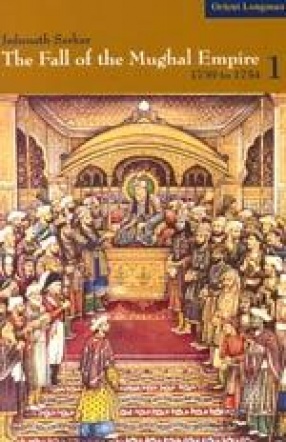
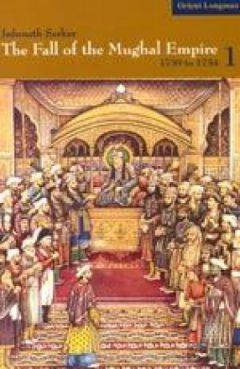
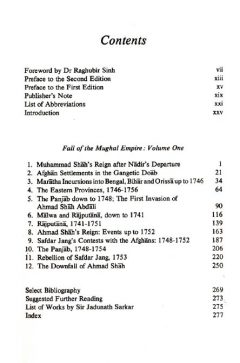
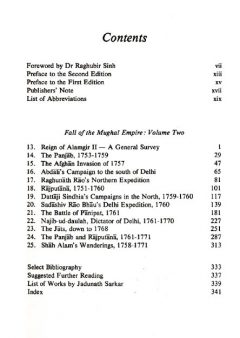
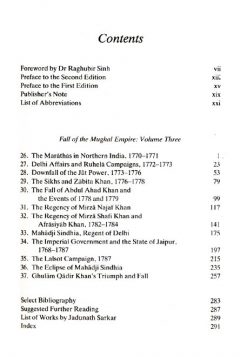

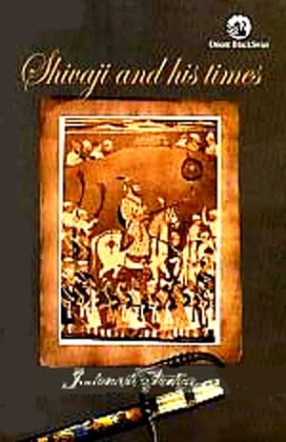
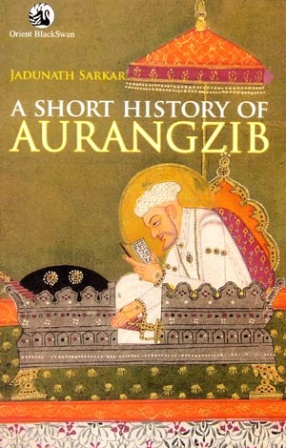

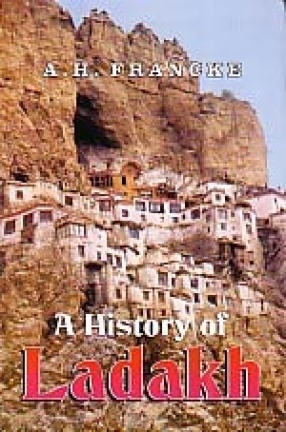


There are no reviews yet.